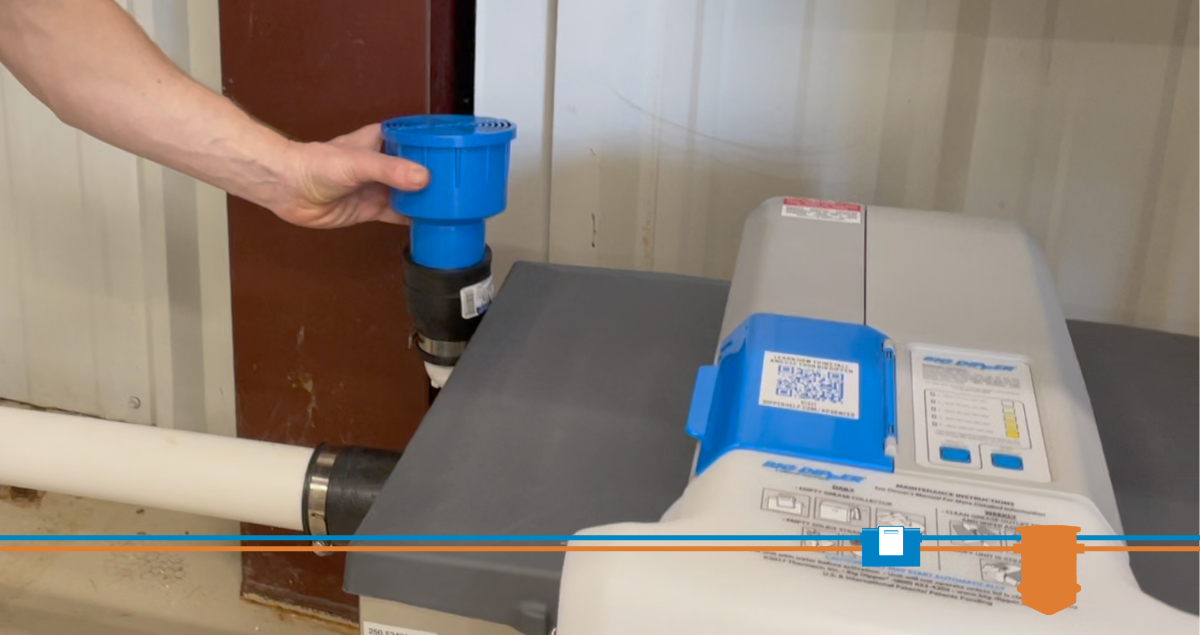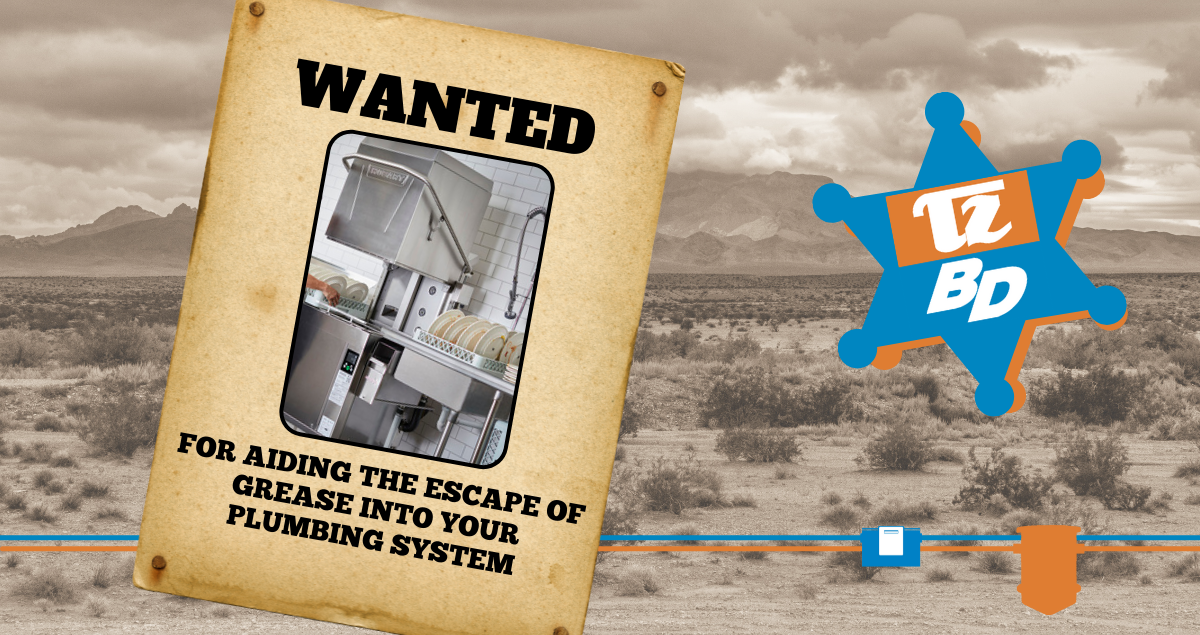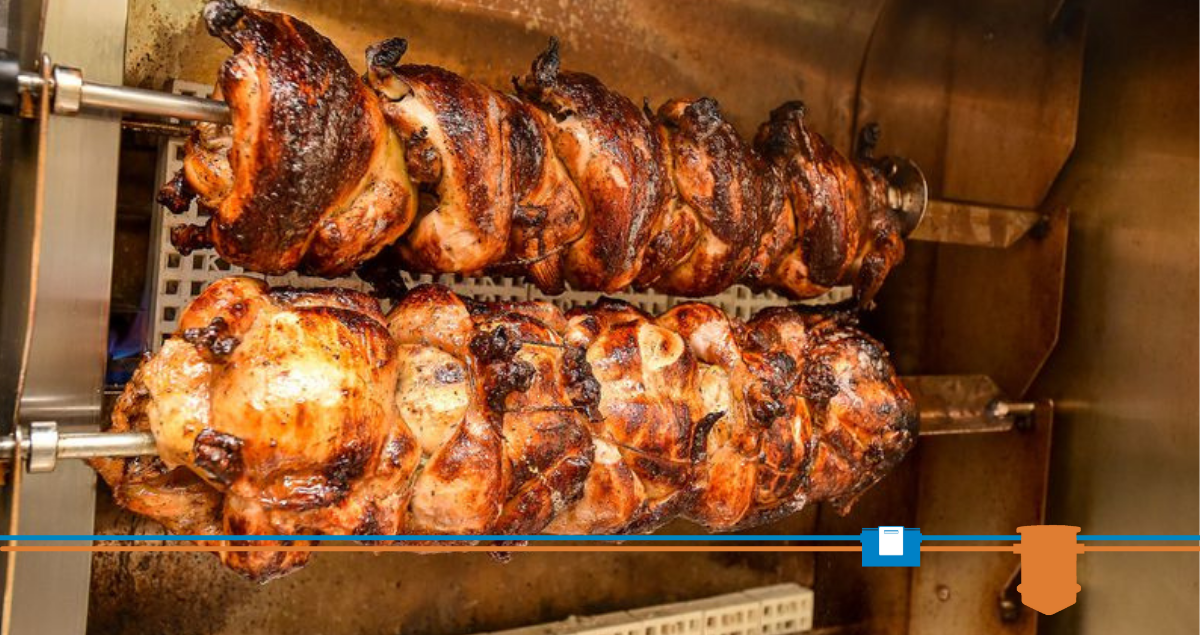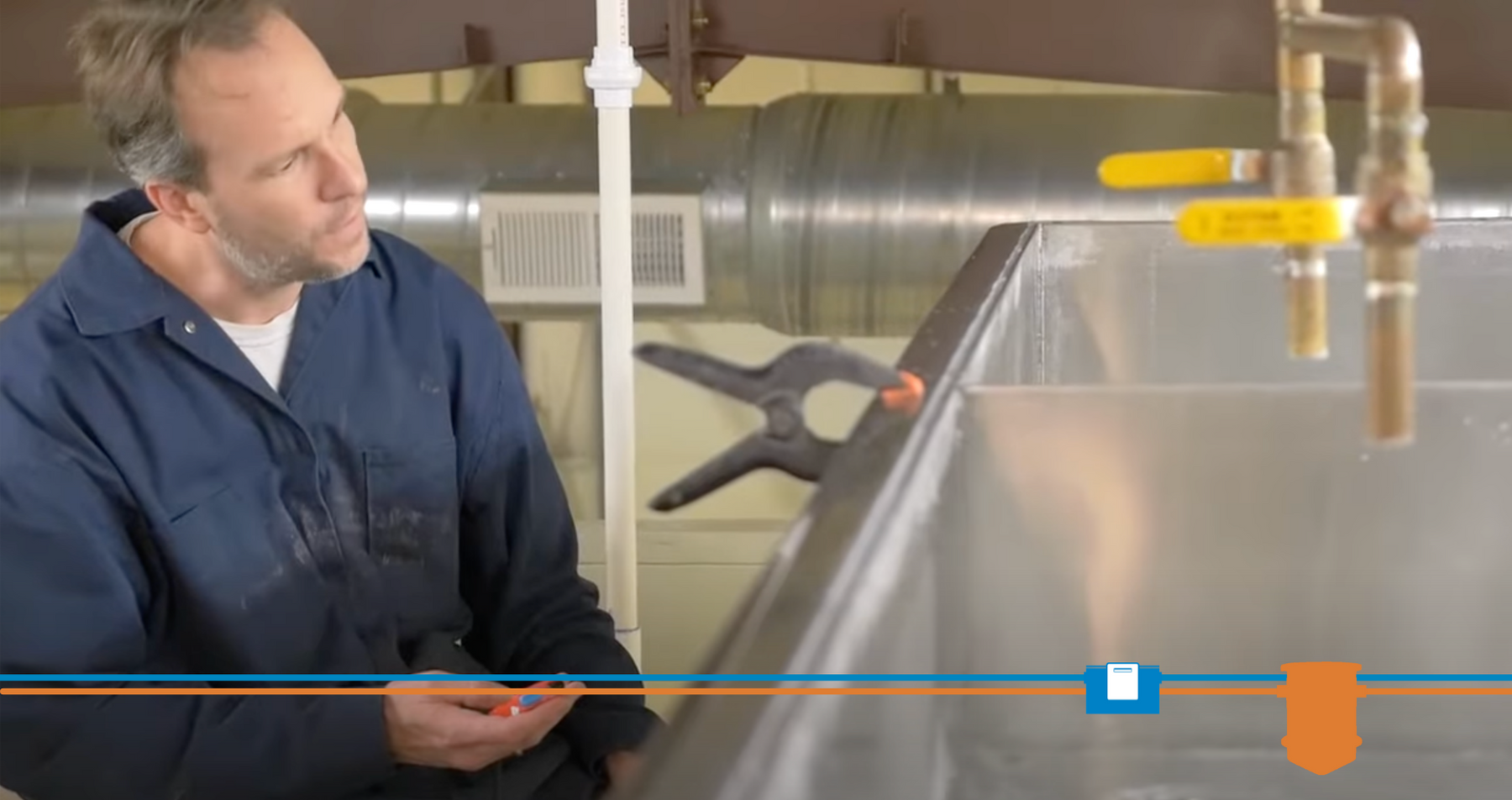Schools require pretreatment options that meet unique challenges
- Jul 14, 2015
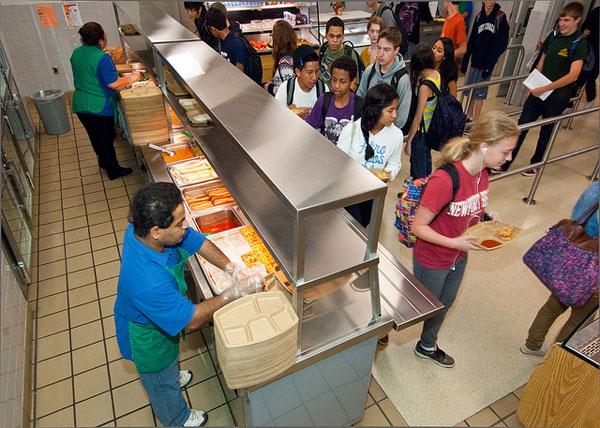 A packed-to-the-gills restaurant during dinner rush doesn’t hold a candle to the hustle and bustle — both in and out of the kitchen — of a middle school cafeteria during the lunch hour.
A packed-to-the-gills restaurant during dinner rush doesn’t hold a candle to the hustle and bustle — both in and out of the kitchen — of a middle school cafeteria during the lunch hour.
While most restaurants have a leisurely dining room turnover, hundreds of students are cycled through the lunch line and sent out the door with full bellies every thirty minutes in a cafeteria setting. This presents a challenge not only for the front of the house cafeteria staff, but also requires a pretreatment plan that can go with the flow … literally.
School cafeterias feed hundreds — maybe even thousands — of children over a very short period of time. Sometimes, even twice a day. Every aspect of the operation, from the staff to the grease interceptor, needs to run like a well-oiled machine. One clog, one overflow or glitch could shut down the kitchen in an instant.
But there are solutions.

 The federal government takes grease seriously. Very seriously. In fact, the Department of Justice is ready, and willing, to issue federal jail time to any individual who knowingly violates the Clean Water Act, a standing tenet of which is proper grease disposal.
The federal government takes grease seriously. Very seriously. In fact, the Department of Justice is ready, and willing, to issue federal jail time to any individual who knowingly violates the Clean Water Act, a standing tenet of which is proper grease disposal. Imagine taking a paintbrush to the broadside of an old barn: Your goal is probably to cover the expanse uniformly with one color. But the result would likely be a lot different if you didn’t consider the number of boards you might have to replace, holes that need patching or nails that need to be driven back into the wood.
Imagine taking a paintbrush to the broadside of an old barn: Your goal is probably to cover the expanse uniformly with one color. But the result would likely be a lot different if you didn’t consider the number of boards you might have to replace, holes that need patching or nails that need to be driven back into the wood.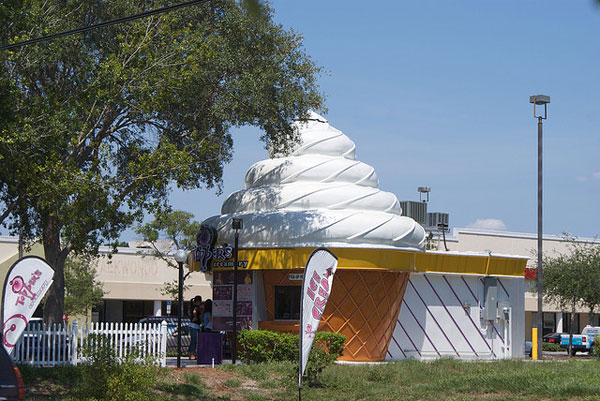
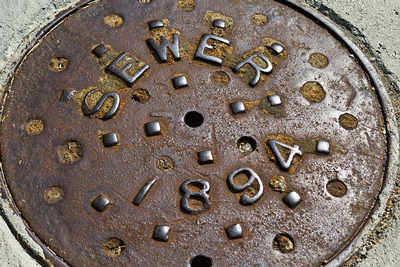 The EPA estimates the total number miles of sewer lines snaking across the country to be about 1.2 million. Considering some of these lines are over 100 years old, local governments will spend billions of dollars modernizing failing wastewater systems over the next 10 to 20 years.
The EPA estimates the total number miles of sewer lines snaking across the country to be about 1.2 million. Considering some of these lines are over 100 years old, local governments will spend billions of dollars modernizing failing wastewater systems over the next 10 to 20 years.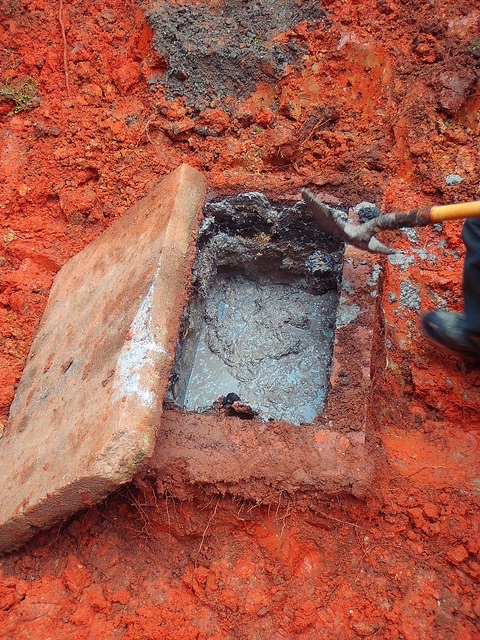 In 1884, Nathaniel Whiting patented the first grease interceptor design. These oversized, concrete boxes are still the default choice for many in the food-service industry.
In 1884, Nathaniel Whiting patented the first grease interceptor design. These oversized, concrete boxes are still the default choice for many in the food-service industry.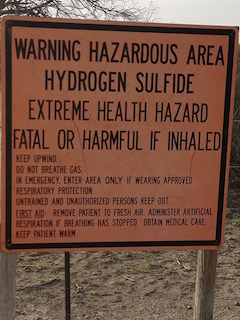 Think about the grease interceptor in your food service establishment.
Think about the grease interceptor in your food service establishment.
 It’s not very often that wastewater system workers are hailed as heroes in the headlines around the world. But in August 2013, that’s what happened.
It’s not very often that wastewater system workers are hailed as heroes in the headlines around the world. But in August 2013, that’s what happened. If you own a restaurant or other business within the foodservice industry, chances are good you’re already using some sort of grease interceptor. If not, sooner or later you’ll likely face clogged pipes, back-ups into your kitchen and costly fines.
If you own a restaurant or other business within the foodservice industry, chances are good you’re already using some sort of grease interceptor. If not, sooner or later you’ll likely face clogged pipes, back-ups into your kitchen and costly fines.
